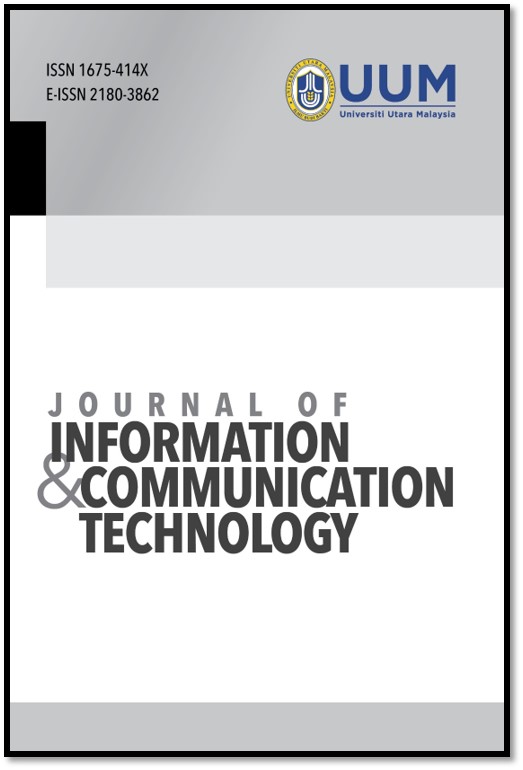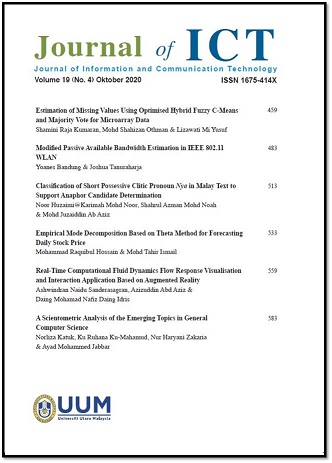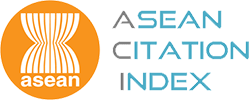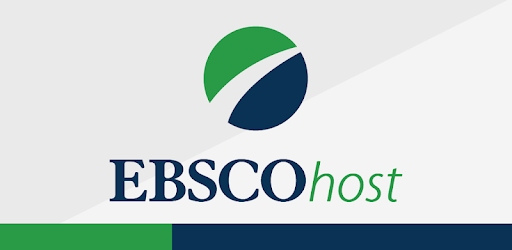THE PERFORMANCE COMPARISON OF THIRD GENERATION (3G) TECHNOLOGIES FOR INTERNET SERVICES IN BANGKOK
Abstract
Like other countries, users in Thailand demand to experience the highest possible level of quality of 3G services. In contrast, operators prefer to obtain maximum revenue. To facilitate these needs, this paper proposes two conceptual frameworks for (1) performance testing (QoS measurement) and (2) network optimization. The network optimization framework consists of KPI definition, network performance monitoring, parameter tuning, and optimized network processes; while the network performance monitoring process contains (1) traffic measurement (operator’s side) and (2) QoS measurement (user’s side). Operators need these information for the network performance monitoring to support the parameter tuning process and for user satisfactions. In this study, the latency tests, user data rates, and speed tests were the QoS measurements used to compare the performance of three Thai major 3G network operators; and 850/900MHz and 2100MHz bands in Bangkok. In terms of user satisfactions, the QoS measurements revealed that TrueMoveH offered the better performance in the user data rates; while AIS was the better in the latency tests. The speed tests were spitted between DTAC and TrueMoveH. Finally, the study identified that 3G services on 2100MHz performed better than 850/900MHz.
References
Additional Files
Published
25-05-2016
Issue
Section
Articles
How to Cite
THE PERFORMANCE COMPARISON OF THIRD GENERATION (3G) TECHNOLOGIES FOR INTERNET SERVICES IN BANGKOK. (2016). Journal of Information and Communication Technology, 15(1), 1-31. https://e-journal.uum.edu.my/index.php/jict/article/view/8166

 2002 - 2020
2002 - 2020
























